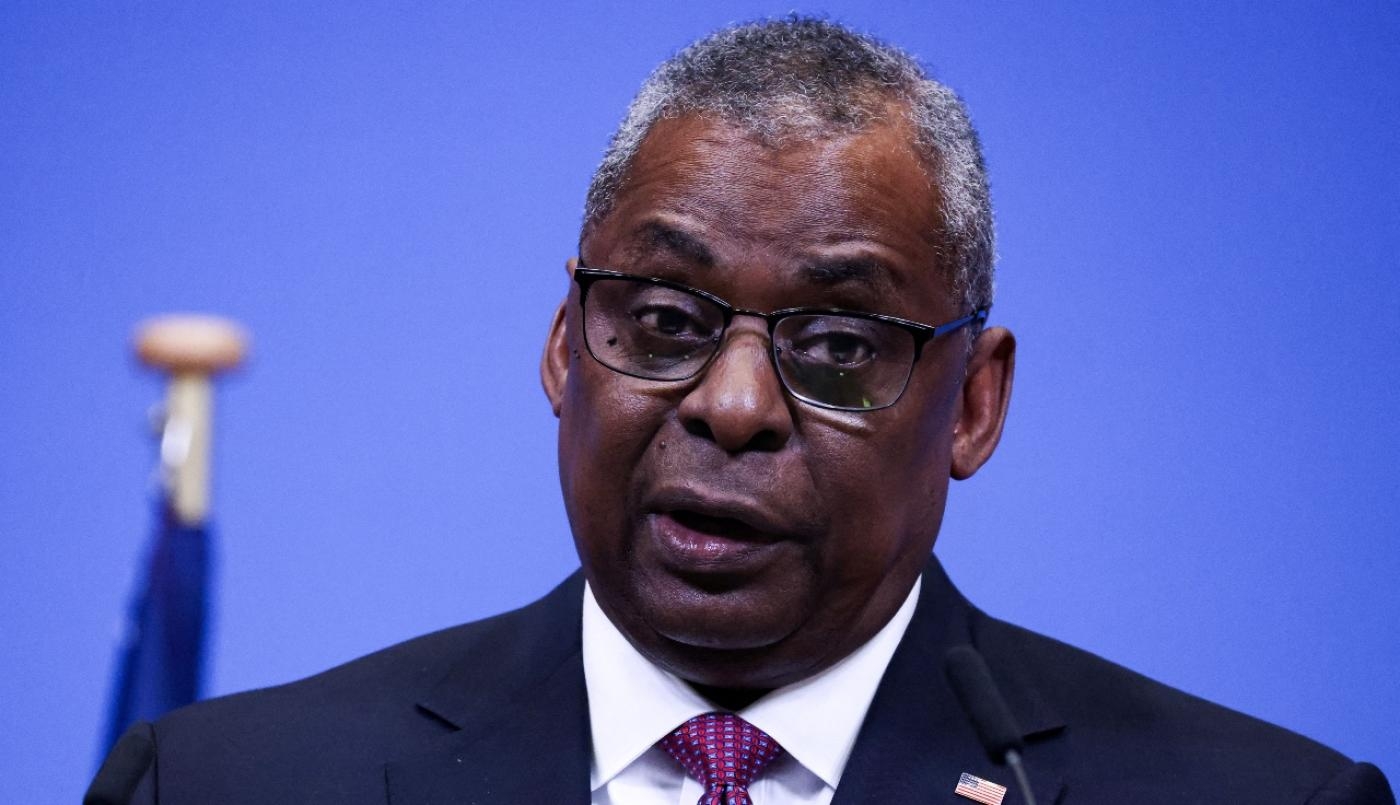US proposes 'unprecedented' military planning with Israel against Iran: Report

The US has asked Israel to engage in joint military planning against Iran, offering a proposal that US officials have described as "unprecedented" as a means of boosting bilateral military cooperation, according to a report by Axios.
The proposal was floated during recent visits to Israel by the chair of the joint chiefs of staff, General Mark Milley, Secretary of Defence Lloyd Austin, and Centcom commander General Erik Kurilla.
The proposal has been met with some scepticism in Israel, according to Axios, with officials concerned it could be used to “tie Israel's hands” from striking Iran if the US objects. A senior Israeli official told Axios they are seeking to clarify what “joint military planning” actually means and whether it pertains to intelligence sharing or actual joint operations.
A March Department of Defence statement following Austin’s visit to Israel said the US defence chief discussed the two countries’ military partnership, along with “threats posed by Iran in the region, and America's ironclad commitment to Israel's security”.
Israel and Iran have engaged in a deadly shadow war for years. Israel frequently strikes Iranian targets and its Lebanese proxy Hezbollah in Syria, in a campaign Israeli leaders have dubbed “the war between the wars”.
More recently, Israel has been ramping up its attacks on nuclear sites and scientists inside Iran, while keeping the US largely in the dark about its covert actions, according to a previous CNN report.
Last summer, a number of Iranian officials and scientists were killed in Iran, including a senior member of the Revolutionary Guard's Quds Force, who was assassinated in Tehran in broad daylight.
Tensions have been running high between Iran and the West.
Hopes for a return to the 2015 nuclear deal have all but evaporated, meanwhile, Tehran’s military support for Russia has also contributed to souring relations with Europe and the US. On Monday, the White House said that it saw more indications that Russia and Iran were expanding their defence partnership.
Israel was a staunch opponent of the 2015 nuclear deal and Prime Minister Benjamin Netanyahu returned to power last year promising to take a tougher line against Tehran.
Israel is the US’s closest Middle East ally and the country receives around $3.8bn a year in military aid from Washington, but ties between the two have come under some strain.
Netanyahu has yet to receive an official invitation to visit the White House from US President Joe Biden, who made a rare public foray into Israel’s domestic politics in March when he called for a compromise to the spat over Netanyahu’s contentious plans to overhaul Israel’s judiciary.
Protests in March over the overhaul forced US Defence Secretary Lloyd Austin to curtail his trip to the country, a notable move for a senior US official generally able to navigate tense environments.
Middle East Eye propose une couverture et une analyse indépendantes et incomparables du Moyen-Orient, de l’Afrique du Nord et d’autres régions du monde. Pour en savoir plus sur la reprise de ce contenu et les frais qui s’appliquent, veuillez remplir ce formulaire [en anglais]. Pour en savoir plus sur MEE, cliquez ici [en anglais].




